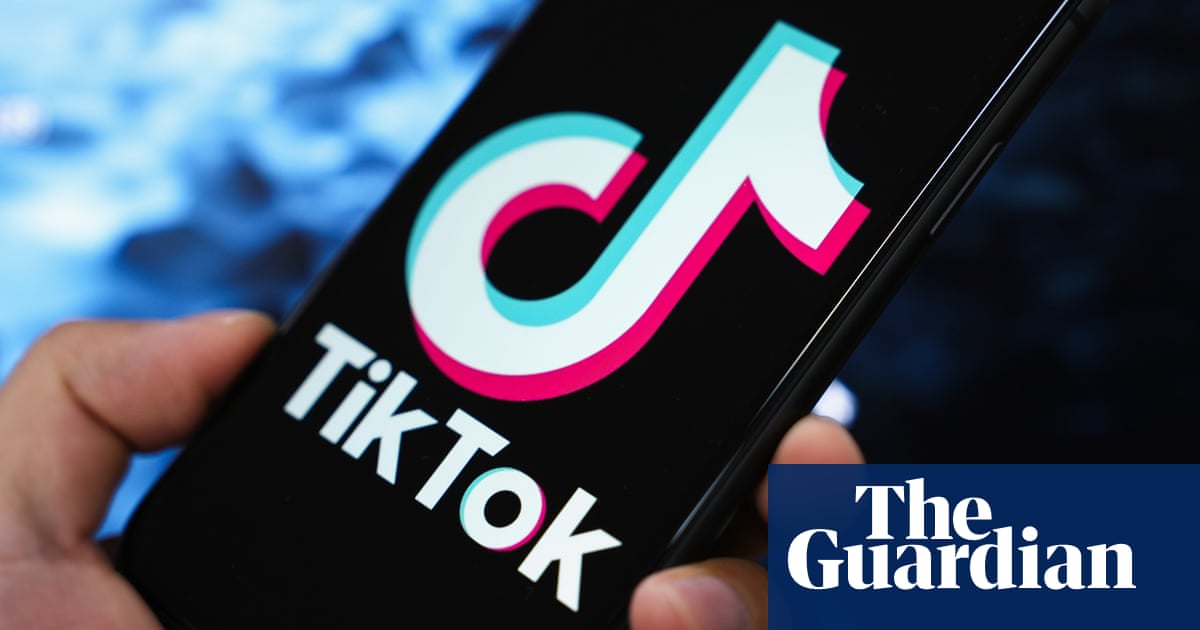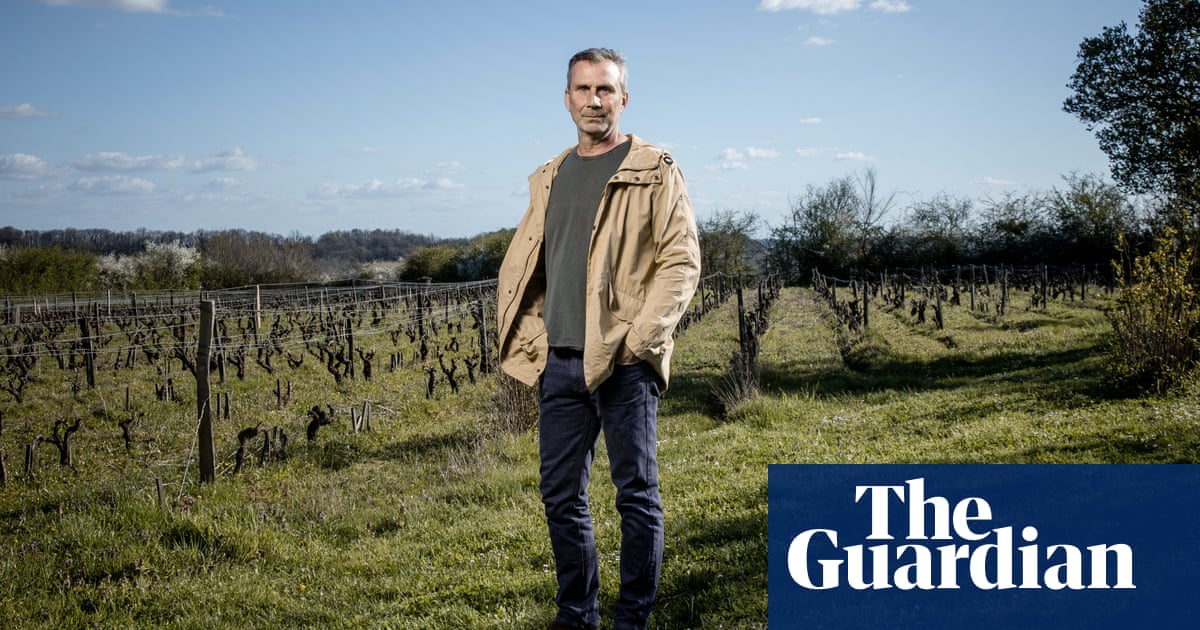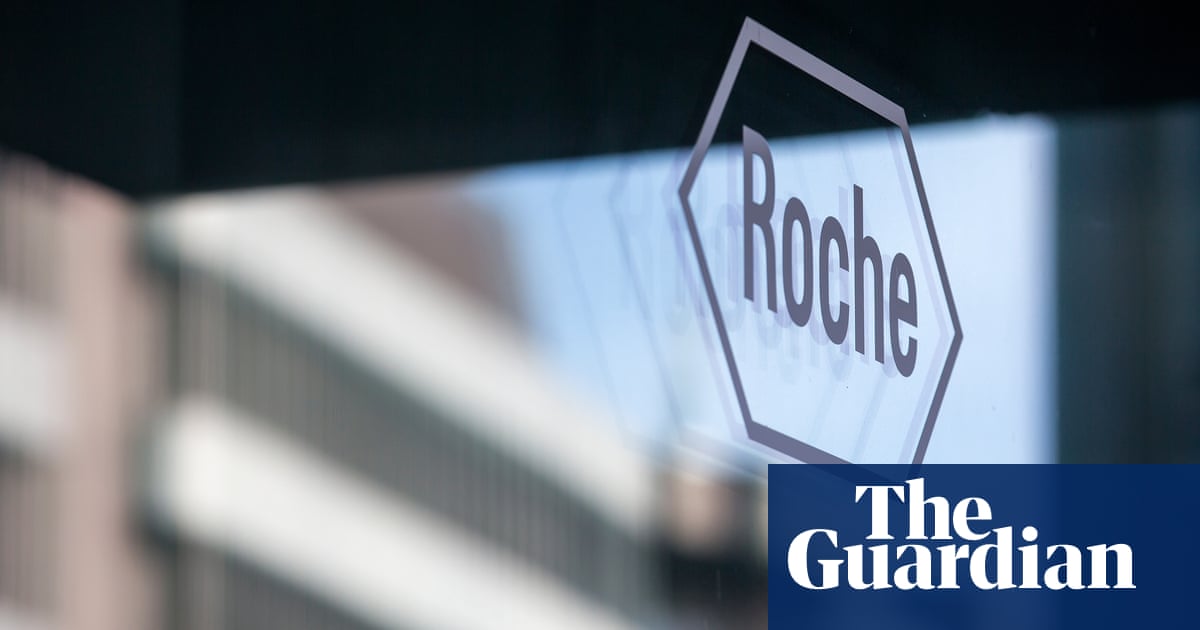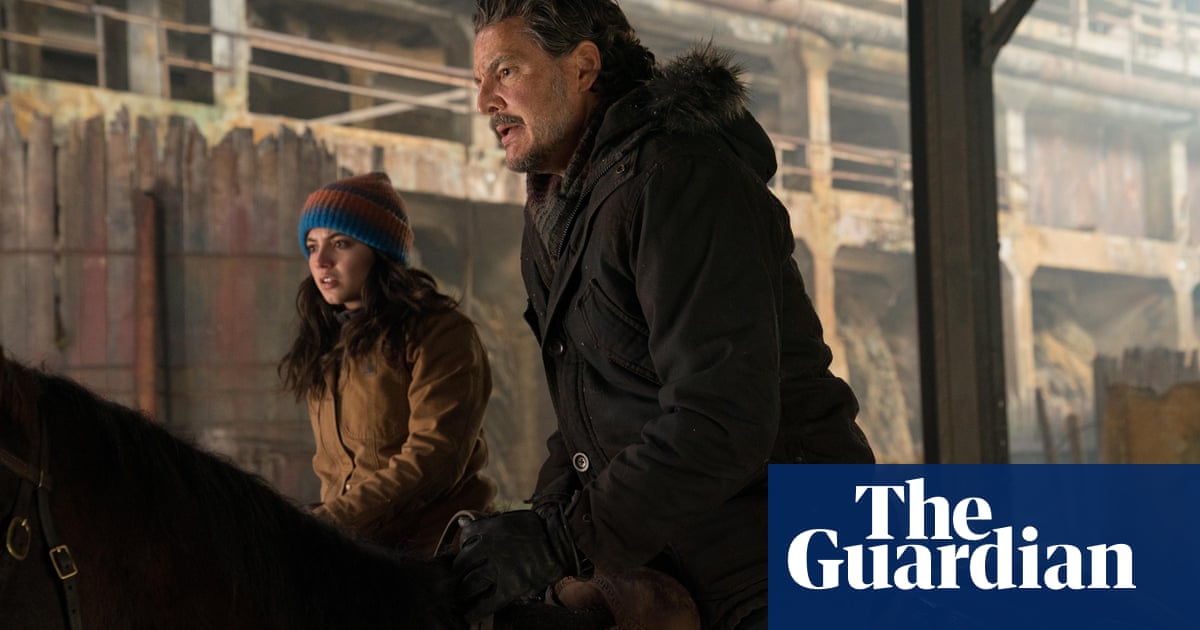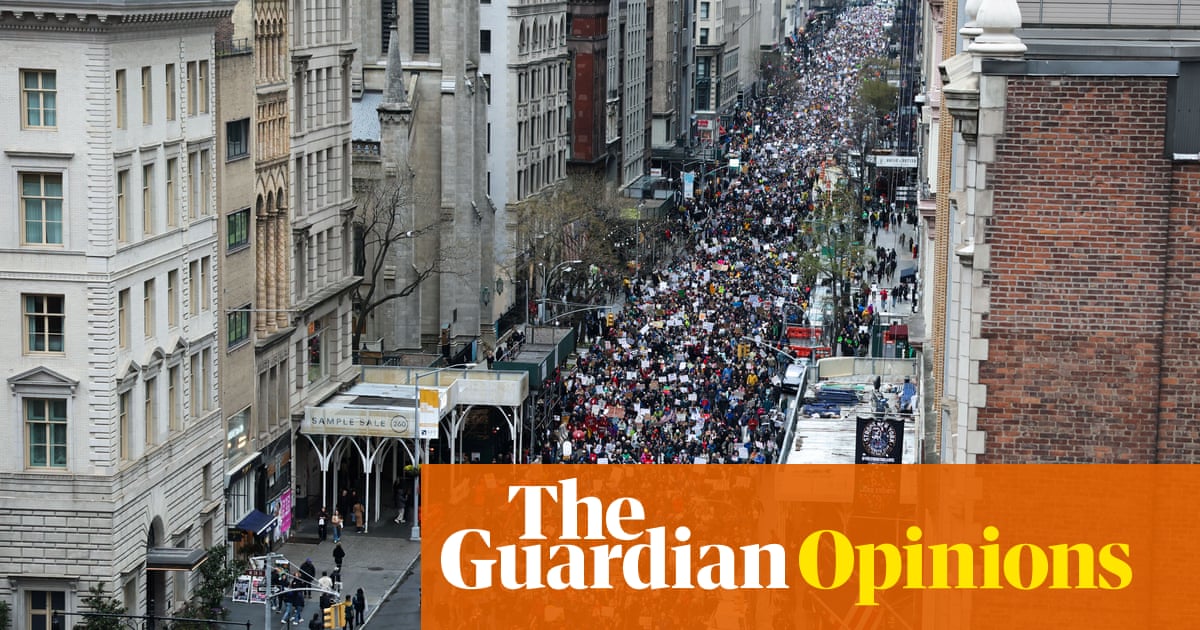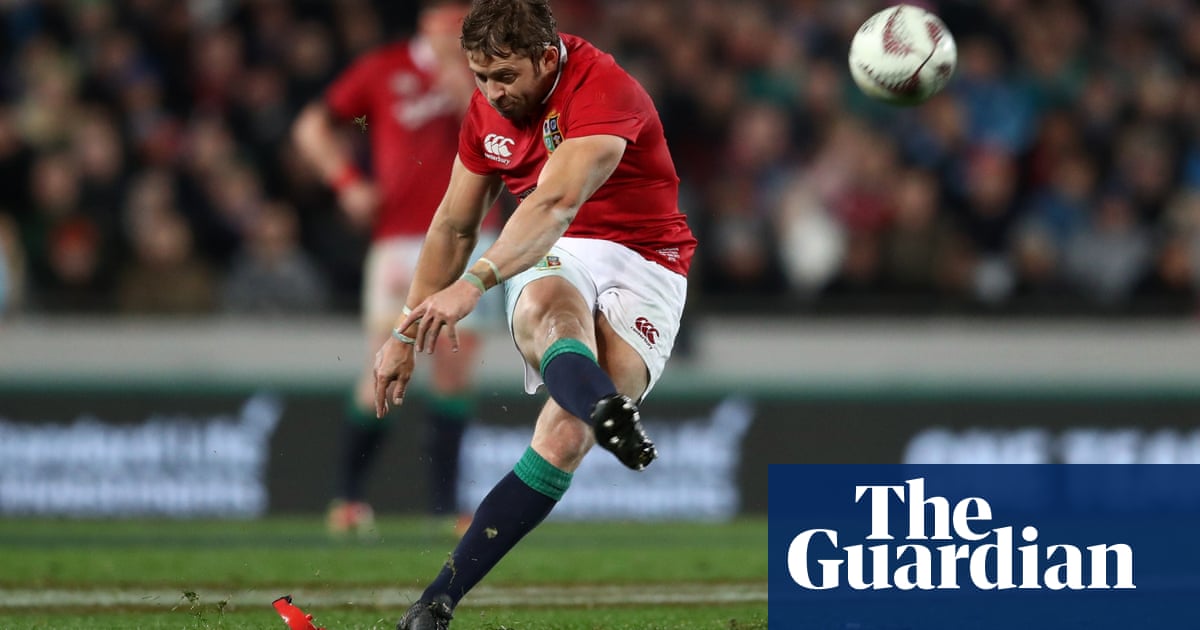On a sunny morning in the city of Goma in eastern Democratic Republic of the Congo, where fighting between the M23 rebel group and the Congolese army raged earlier this year, men and women rushed towards a line of chairs outside a medical facility.
Since 24 March, the Saint Vincent de Paul neuropsychiatric hospital, a medical facility for people with mental health issues, has been offering free consultations on a first-come first-served basis for people affected by the fighting. Dozens have lined up to be seen each day.
As she waited in the queue, 35-year-old Patience Kahindo described the horror she had witnessed at the peak of the fighting. “For the first time in my life, I saw corpses lying on the ground for days,” she said. “Crows and other birds came to eat the human flesh. Sometimes, when I think of all this, I’m plunged into unprecedented sadness.
“If someone licked my heart, they’d be poisoned.”

The fighting in eastern DRC has roots in the 1994 Rwandan genocide that targeted Tutsis. M23, one of dozens of armed groups fighting Congolese forces in the mineral-rich region, says its objective is to safeguard the interests of the Congolese Tutsi and other minorities, including protecting them against Hutu rebel groups who escaped to DRC after taking part in the genocide. DRC, the US and other countries say Rwanda is backing M23 in order to exploit the area’s natural resources.
In January, M23 started a rapid advance against the Congolese military and its allied forces in eastern DRC, capturing the region’s largest cities – Goma and Bukavu.
The recent fighting has left a trail of destruction and exacerbated the humanitarian situation in the region. Thousands of people have been killed and hundreds of thousands displaced.
Adding to that, people have sustained serious long-term injuries from shootings and bombings. And some Congolese displaced by previous rounds of fighting have been told by M23 to return their ruined home towns, where they are struggling to make a living and rebuild their lives.
“We have seen that since the clashes at the end of January, the population has been really stressed, and there has been a resurgence of mental health cases,” said Dr Neema Kahatwa, a psychiatrist from the neuropsychiatric hospital in Goma.
When the hospital announced the scheme last month, the facility highlighted a number of symptoms that people could look out for and that could necessitate medical attention, including insomnia, difficulty in concentration, unexplained anger, extreme sadness, panic and loss of interest.
As he queued to see a mental health specialist in one of four rooms at the facility, Jospin Kasereka, 42, described how he had lost his sister-in-law in the unchecked violence in Goma that followed its capture by M23 and how he saw Congolese soldiers throwing their weapons on the streets as they retreated.
“Every day, I wonder of what use these weapons are to us. Perhaps, they were used to eliminate my sister-in-law,” he said. “Mentally, I’m cornered. I hope I’ll one day be at peace.”

Obedi Alias, 47, has been out of work as a civil servant since rebels took over Goma. “I’ve got a big family to support, but there’s no work and I can’t find any money,” he said after his consultation. “I feel the pressure of carrying the whole world on my back. I feel helpless and fear for the future.”
People who need to be checked first go to the reception, after which they are directed to the triage, where personnel check their vital signs. From there, they see psychiatrists, who prescribe additional tests and, if necessary, refer patients to psychologists for psychotherapy sessions.
More than 300 people from Goma and its surroundings have gone through consultations since the campaign started. Stress, anxiety and depression have been among the conditions diagnosed.
Although the consultations are free, the patients pay for other services, such as complementary examinations, laboratory tests and treatment.
M23’s recent advance is the worst escalation in years of the conflict in eastern DRC. Attempts to end it through dialogue have failed.
On Saturday the government suspended the former president Joseph Kabila’s political party and ordered his assets seized over accusations of supporting M23. The 53-year-old, who ruled from 2001 to 2019 and only stepped down after deadly protests against him, has said he wants to return to the country to help seek a solution to the war.
There was no immediate response from Kabila, but Ferdinand Kambere, the secretary of his Party for Reconstruction and Democracy, called the suspension a flagrant violation of Congo’s constitution and laws.

 3 hours ago
4
3 hours ago
4

